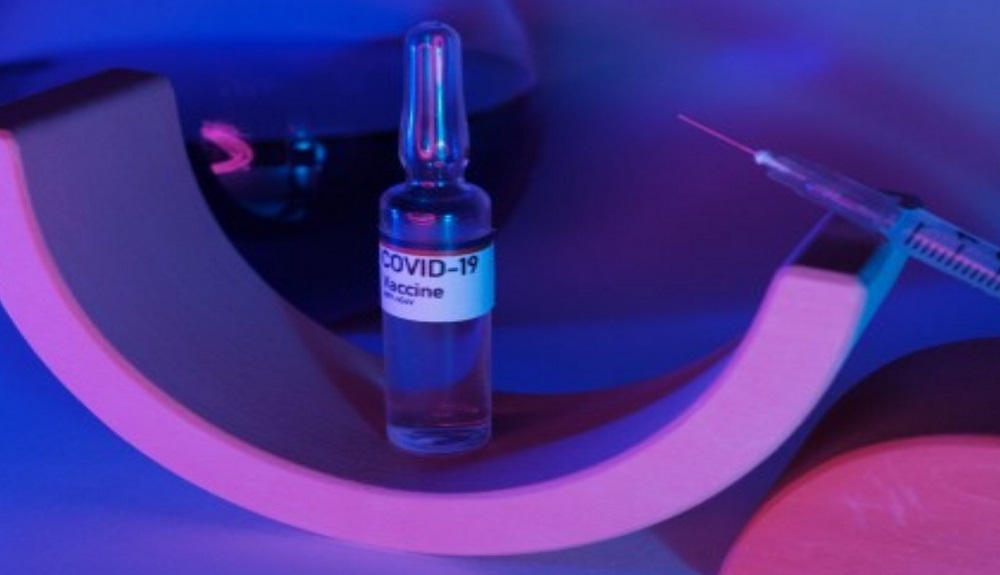The hope and promise of mRNA vaccine

Even as the world has begun vaccinations on a war footing, I remember with great fondness the immunology course I took while studying for a Bachelor’s degree in Microbiology. Little did I know then that the professor Dr. Khushroo Shroff who so passionately taught us about ‘T” cells and immune response, would one day play a key part (at Pfizer Vaccines R&D) in the global fight against Covid 19. And that the same “T” cells would be key to a critical breakthrough for the world in fighting various diseases against whom there is no cure!
The launch of the first mRNA vaccine developed by two scientists from BioNTech will revolutionize how we approach disease. The Pfizer- BioNTech vaccine has a hitherto unheard-of efficacy of 90% in a context where anything over 50% is good. This new generation of vaccines enables our immune system to produce its own defending proteins will give us the scope to use this technology to fight and prevent diseases like multiple sclerosis, several cancers, and Zika.
Any new breakthrough innovation will have its share of naysayers and it is even more so with the anti-vaxxers. While scientists have been working on mRNA technology for 30 years, the urgency of the Covid 19 pandemic really gave it the fillip and funding it needed.
mRNA and how it will revolutionize vaccines
mRNA vaccines are not just any molecules or conventional recombinant antibodies. Rather, they are a unique set of instructions, which guide cells in the body to make proteins in order to fight disease.
The role of ordinary vaccines for an infectious agent is to weaken the virus which, when injected into the body, stimulates an immune response to protect against the live bacterium. But the process of making such vaccines requires various chemicals and cell cultures. This indeed can provide opportunities for contamination and consumption of time.
The mRNA vaccines instead, instruct the body to make its own offending proteins just like the ones that wrap around viral RNA of SARS-CoV-2. In addition to this, they provide a cost advantage, extensibility, and speed (less than a year as opposed to several years).
In India, we probably won’t get the mRNA vaccine for a while. But we look to the future with hope for a breakthrough in cancer prevention using this technology.
Every cloud has a silver lining. The coronavirus pandemic which has cast deep clouds over the whole world and 2020, will leave us with the silver lining of a new technology to fight future pandemics. Perhaps now, finally, we will get the answers to the terminal and debilitating illnesses.
